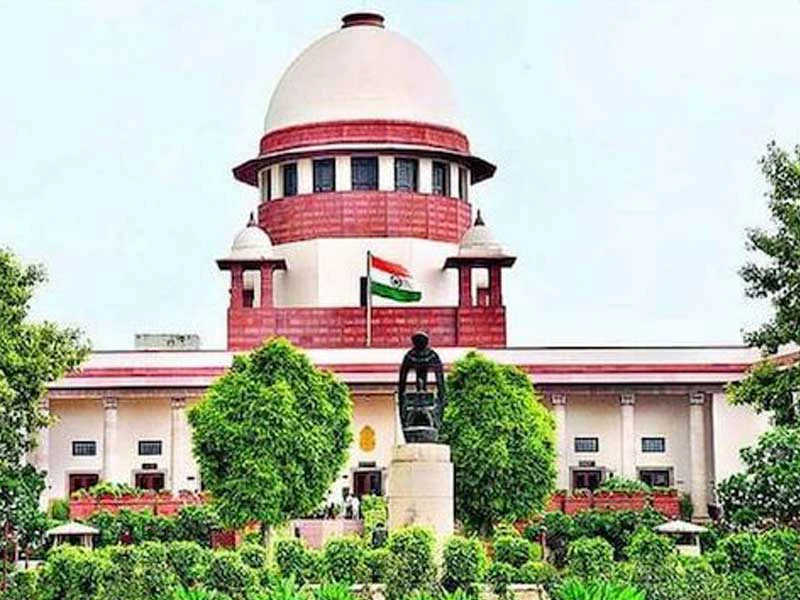New Delhi: Another example of a complex judicial process has come to light. The painful story of a minor boy from Uttar Pradesh is now being talked about. A 17-year-old boy’s father was admitted to a private hospital in Noida. The doctor suggested that he need to undergo a liver transplant.
His minor son was ready to donate his liver. But being a minor, he cannot do that according to the law, the hospital said. In such a situation, the minor approached the Supreme Court to save the life of his father. The Supreme Court also accepted it for immediate consideration.
Chief Justice of India Justice YU Lalit on Friday ordered the Uttar Pradesh health department officials to appear in court. The Supreme Court wanted to know whether the law relating to organ donation can be challenged in such circumstances. According to the law, only adults can donate organs. The case was scheduled to be heard on Monday.
Uttar Pradesh Additional Advocate General Garima Prasad told the bench headed by Justices Sanjay Kaul and S Oka on Wednesday that the minor’s father died on Saturday. The minor’s hope to save his father by donating his organs could not be fulfilled. The father died before the court’s decision.
After receiving this information, the atmosphere of the courtroom became silent. However, the Chief Justice ordered a medical examination of the minor before passing judgment on the matter. However, fate had something else in store. Despite all efforts, the minor could not save his father.
According to media reports, the minor’s father, who was on the ventilator, required an immediate liver transplant. The minor’s mother was ready to donate the liver. The team of doctors conducted a medical examination of the mother, but it was found that she was not suitable for liver donation. The minor then expressed his desire to donate the liver to his father. According to Indian law, only adults can donate organs. After that, the minor reached the Supreme Court.




Comments are closed.